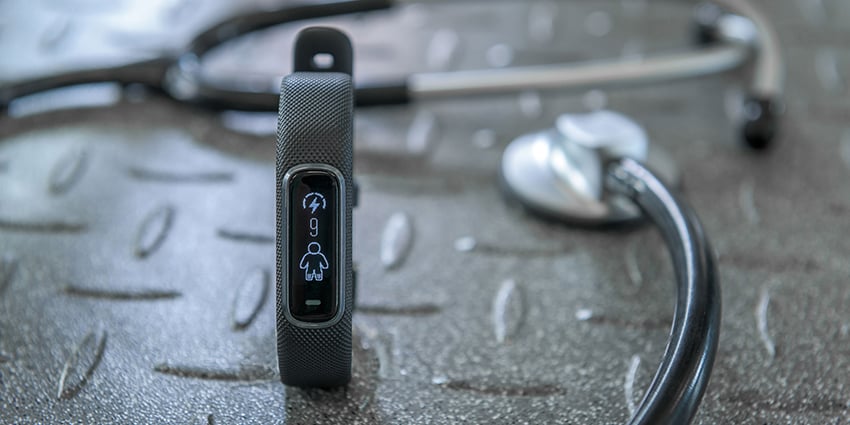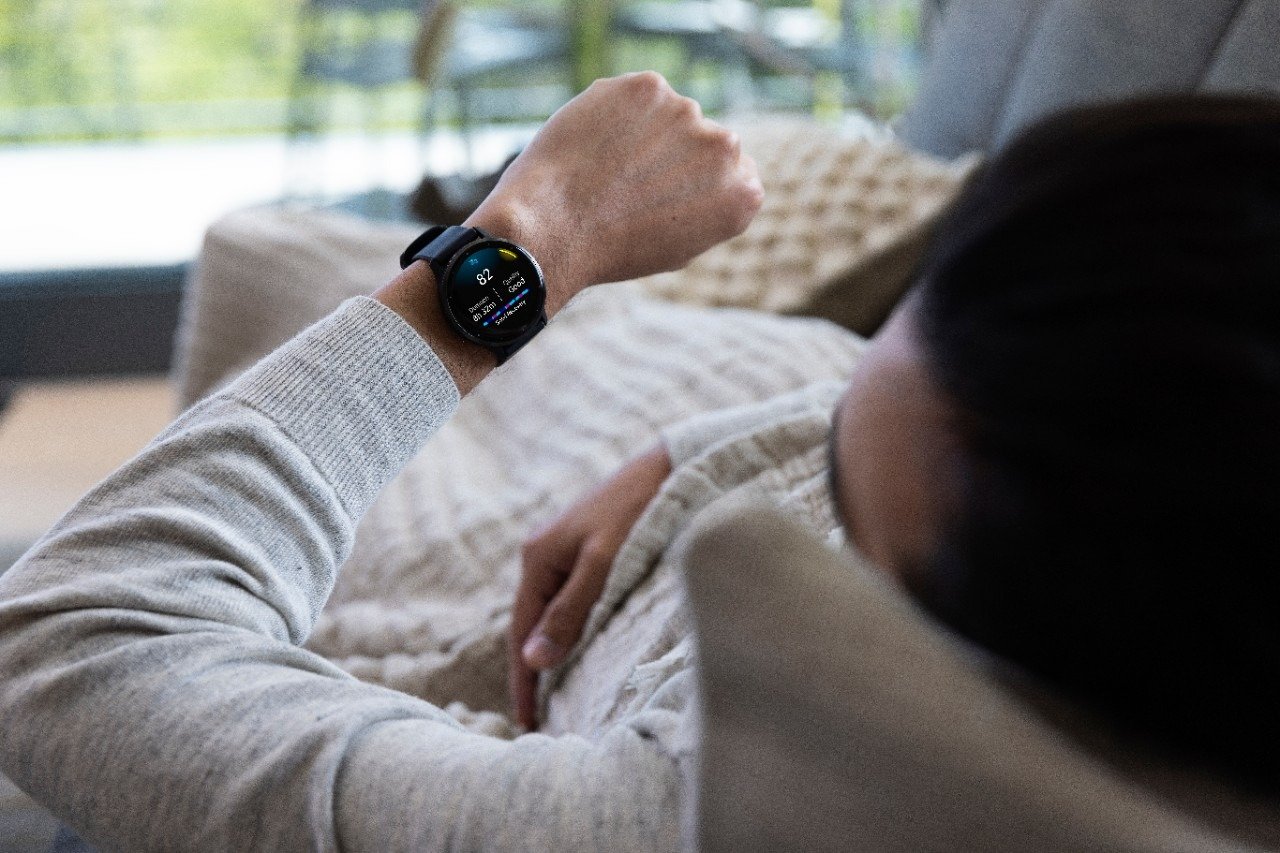
Targeting Inactivity to Improve Intestinal Health
According to a recent article in Science, there is a direct connection between the gut and the brain. The health of your intestine can affect your mood, just as your mood can affect your intestinal health. Anxiety, stress and depression can be the product or the cause of intestinal diseases. It’s well known that keeping active can boost your mental well-being, but the secondary effects on gastrointestinal health have not been fully researched.
To better understand that relationship, Garmin Health and researchers at the Institutes of Clinical Molecular Biology (IKMB) and Sports Medicine of Kiel University (CAU) in Germany are conducting a study on the effect of sports on intestinal health. By targeting inactive people, and involving expert clinicians from neurology and nutrition sciences, the researchers hope to explore the ability of physical activity to improve health of the intestine, the connection to the brain and the influence of body fat.
Founded in 1665 in Schleswig-Holstein, Kiel University is the region’s oldest and largest University, with more than 26,000 students and 3,000 staff members. Dedicated to research-based teaching and learning, the university aims to address many health and nutritional challenges. A study specialization of the University is chronic inflammatory diseases, such as Crohn’s disease and ulcerative colitis. This focus is driven by the DFG Excellence Cluster “Inflammation at Interfaces” and its upcoming successor “Precision Medicine in Chronic Inflammation,” a 7-year, 60-million euro study starting in 2019.

Starting October 2018 and lasting 9 weeks, study participants will be assigned to one of four groups, 20 people per group: two of the groups, one of which is made up of extreme athletes, will see no changes in behaviour; the other two groups will receive the intervention being tested, which in this case will be increased cardio activity for one group and increased weight training for the other (intervention itself for 6 weeks with 3 trainings per week).
Data and samples will be collected before, during and after the trial. Participants will be able to get an insight into their results. As part of the data collection, participants will be provided a mobile phone to answer regular questionnaires and a Garmin wearable that can be kept as an incentive once they’ve successfully completed the study.
With their ability to provide high-quality, objective data, Garmin devices and enterprise services from Garmin Health are an important part of many academic and clinical research studies around the world. Contact us today to find out more about how Garmin Health could create an innovative solution that’s right for your company, platform or study.




